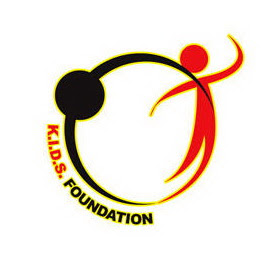Lice (singular: louse) is the common name for over 3000 species of wingless insects of the order Phthiraptera; three of which are classified as human disease agents. They are obligate ectoparasites of every avian and mammalian order except for Monotremes (the platypus and echidnas), bats, whales, dolphins, porpoises and pangolins.
Most lice are scavengers, feeding on skin and other debris found on the host's body, but some species feed on sebaceous secretions and blood. Most are found only on specific types of animal, and, in some cases, only to a particular part of the body; some animals are known to host up to fifteen different species, although one to three is typical for mammals, and two to six for birds. For example, in humans, different species of louse inhabit the scalp and pubic hair. Lice generally cannot survive for long if removed from their host.























































